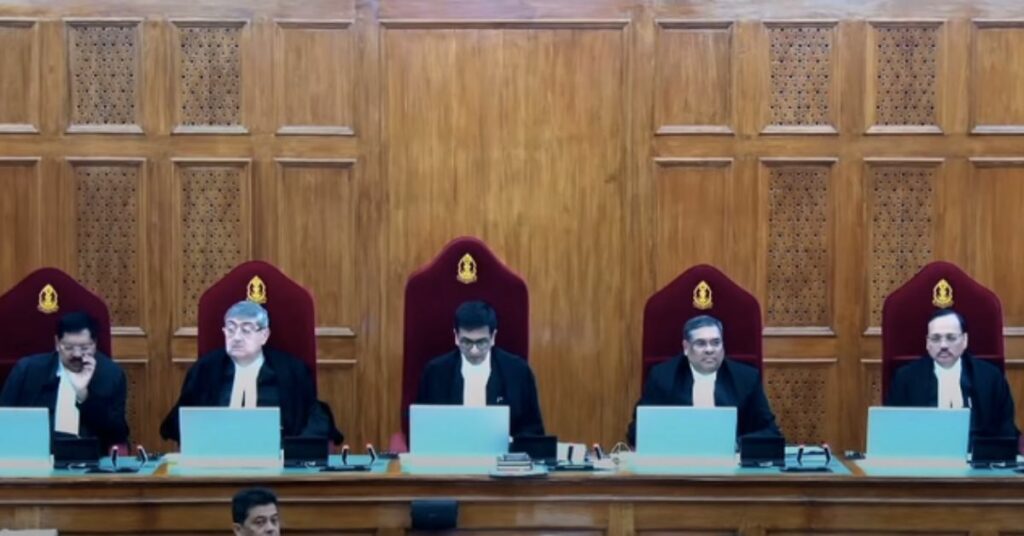The verdict is set to be announced by a five-judge Constitution bench, presided over by Chief Justice D Y Chandrachud, as indicated in the court’s schedule available online. The bench includes Justices Sanjay Kishan Kaul, Sanjiv Khanna, B R Gavai, and Surya Kant. This decision follows a comprehensive hearing that concluded on September 5, spanning over 16 days.
Throughout the hearing, various senior legal figures, including Attorney General R Venkataramani and Solicitor General Tushar Mehta, presented arguments. They, alongside advocates such as Harish Salve and Rakesh Dwivedi, represented the Centre and other supporters of the abrogation. Meanwhile, a group of senior advocates, including Kapil Sibal and Gopal Subramanium, represented the petitioners opposing the repeal.
The debate in court revolved around several critical points. These included the constitutional legitimacy of the Centre’s decision to revoke Article 370, the legal standing of the Jammu and Kashmir Reorganisation Act of 2019 (which bifurcated the state into two Union territories), and the legality of various administrative changes in Jammu and Kashmir, such as the imposition of governor’s and president’s rule in 2018 and 2019.
The petitions challenging both the nullification of Article 370 and the Jammu and Kashmir Reorganisation Act were initially referred to the Constitution bench in 2019. During the hearings, the Supreme Court examined pivotal questions, such as the authority to recommend the repeal of Article 370 in the absence of a constituent assembly in Jammu and Kashmir, and the permanent nature of a provision initially designated as temporary in the Constitution.
Read more articles
Petitioners opposing the repeal argued that Article 370 could not be abrogated, as the term of the Jammu and Kashmir constituent assembly ended in 1957, following the drafting of the state’s constitution. They contended that with the dissolution of the constituent assembly, Article 370 effectively gained a permanent character. In contrast, the Centre refuted claims of any constitutional impropriety in rescinding the provision that had granted special status to the former state of Jammu and Kashmir.

